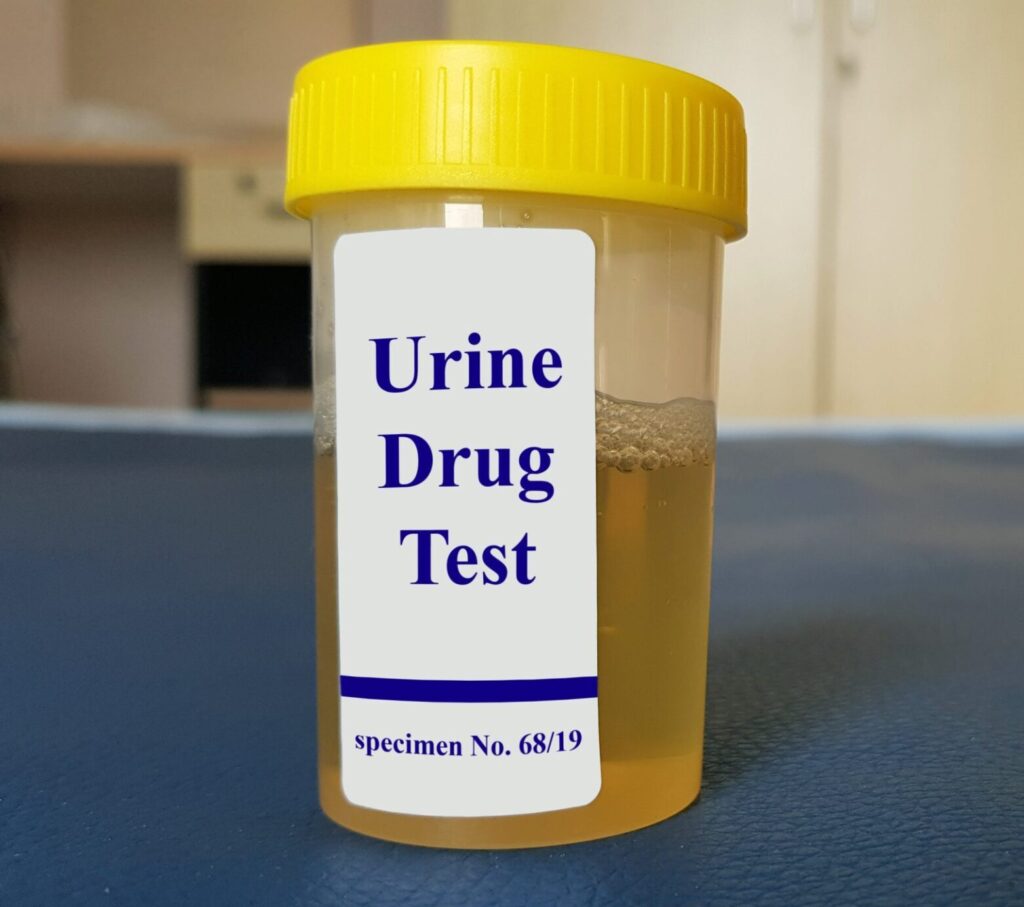
Drug use in the workplace is a growing concern for employers. According to the National Council on Alcoholism and Drug Dependence, drug abuse costs employers $81 billion annually in lost productivity and increased healthcare costs. To combat this issue, many companies have implemented pre-employment drug testing policies. In this article, we will explore the importance of pre-employment drug testing, the different types of drug tests, and how to navigate these policies as an employer.
Why Pre-Employment Drug Testing is Important
Ensuring Workplace Safety

One of the main reasons for implementing pre-employment drug testing policies is to ensure workplace safety. Employees under the influence of drugs or alcohol can pose a significant risk to themselves and others. This is especially true for jobs that involve operating heavy machinery or handling hazardous materials. By testing potential employees before they are hired, employers can reduce the risk of accidents and injuries in the workplace.
Maintaining a Drug-Free Workplace
Employers have a responsibility to provide a safe and healthy work environment for their employees. Drug use can not only impact an individual’s performance and behavior, but it can also create a negative work culture. By implementing pre-employment drug testing policies, employers can maintain a drug-free workplace and promote a positive work environment.
Reducing Employee Turnover
Hiring and training new employees is a costly and time-consuming process. By implementing pre-employment drug testing, employers can reduce the risk of hiring individuals who may have drug-related issues that could lead to poor job performance or even termination. This can save employers time and money in the long run by reducing employee turnover.
Types of Drug Tests
There are several types of drug tests that employers can use as part of their pre-employment drug testing policies. Each type has its own benefits and limitations.
Urine Drug Tests
Urine drug tests are the most commonly used type of drug test in the workplace. They are cost-effective, non-invasive, and can detect a wide range of drugs. However, they have a shorter detection window compared to other types of drug tests, meaning they may not detect drug use that occurred several days prior.
Hair Drug Tests
Hair drug tests have a longer detection window compared to urine tests, making them more effective at detecting drug use over a longer period. However, they are more expensive and can take longer to process.
Saliva Drug Tests
Saliva drug tests are becoming more popular in the workplace due to their non-invasive nature and shorter detection window. They are also less expensive than hair drug tests. However, they may not be as accurate as urine or hair tests.
Blood Drug Tests
Blood drug tests are the most accurate type of drug test, but they are also the most invasive and expensive. They are typically used in situations where immediate results are needed, such as post-accident testing.
Navigating Pre-Employment Drug Testing Policies
As an employer, it is important to have a clear and well-defined pre-employment drug testing policy in place. Here are some tips for navigating these policies effectively.
Be Transparent with Candidates

It is important to be transparent with potential candidates about your pre-employment drug testing policies. This can be done by including information about drug testing in job postings and discussing it during the interview process. This will help candidates understand the expectations and requirements of the job before they are hired.
Follow State and Federal Laws
When implementing pre-employment drug testing policies, it is important to follow state and federal laws. Some states have specific regulations regarding drug testing, such as requiring employers to provide a written notice to candidates before testing. It is important to research and understand these laws to ensure compliance.
Use a Third-Party Testing Company
To ensure accuracy and avoid potential conflicts of interest, it is recommended to use a third-party testing company for drug testing. These companies are trained and experienced in administering drug tests and can provide unbiased results.
Consider a Drug-Free Workplace Program
Some states offer incentives for employers who implement drug-free workplace programs. These programs typically involve drug testing and education for employees. By participating in these programs, employers can receive discounts on workers’ compensation insurance premiums.
Have a Clear Policy for Positive Results
In the event of a positive drug test result, it is important to have a clear policy in place for handling the situation. This may include offering the employee a chance to explain the result or providing resources for rehabilitation. It is important to handle these situations with sensitivity and follow all state and federal laws.
Conclusion
Initiating drug test protocols prior to employment is crucial for fostering a secure and efficient work environment. These procedures enable employers to promote a drug-free workplace, enhance occupational safety, and decrease staff turnover. Being informed about the various drug tests and effectively managing these policies is vital for adhering to the local and national regulations. By adhering to these suggestions, companies can establish a thriving pre-employment drug screening approach that is advantageous for both the organization and its workforce. The Screening Source is your ultimate guide for pre-employment drug testing.
